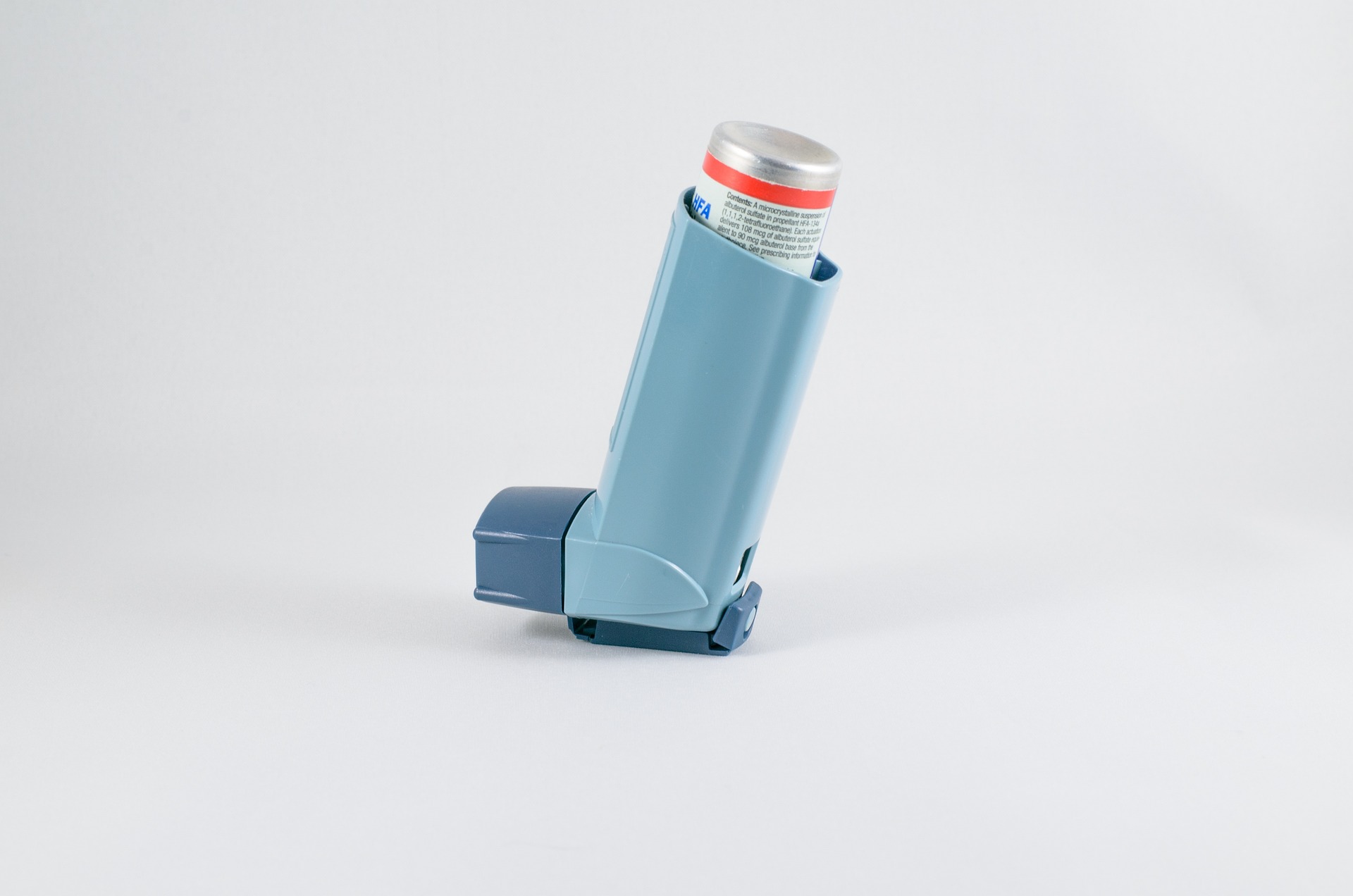Allergy Treatment for Swelling of Face, Lips, and Tongue
Allergic reactions can range from mild irritation to rapid swelling that affects breathing or speaking. Swelling of the face, lips, or tongue is a visible sign that the immune system is responding to an allergen. Understanding common triggers, immediate steps to take, and longer-term treatment options helps people and caregivers respond appropriately while minimizing complications and preventing recurrence.

This article is for informational purposes only and should not be considered medical advice. Please consult a qualified healthcare professional for personalized guidance and treatment.
What causes swelling in allergic reactions?
Swelling in allergic reactions is usually caused by the release of histamine and other inflammatory mediators when the immune system mistakenly identifies a harmless substance as harmful. Common triggers include foods (such as nuts, shellfish, or dairy), insect stings, medications, and latex. The resulting increased blood vessel permeability allows fluid to leak into tissues, producing swelling known as angioedema. In some cases, swelling is accompanied by hives, redness, or itching.
Prompt recognition matters because swelling can progress quickly. If swelling affects the throat or accompanies difficulty breathing, voice changes, or fainting, it may indicate a severe systemic reaction that requires immediate emergency care.
How do allergies affect the skin?
Allergic reactions often show on the skin as rashes, hives, or localized swelling. Contact allergens — like certain cosmetics, metals, or plants — can produce dermatitis with redness, itching, and sometimes blistering. Systemic exposures, such as food or drug allergies, may lead to widespread hives and angioedema that involve deeper layers of the skin and soft tissue.
Treatment for skin symptoms typically includes avoidance of identified triggers, topical therapies for localized dermatitis, and systemic antihistamines for widespread hives. A healthcare provider or dermatologist can offer patch testing or further evaluation when the cause is unclear or reactions recur.
How to handle swelling of the face
Facial swelling can be alarming because it is easily visible and can affect breathing if it spreads toward the throat. For mild, isolated facial swelling without respiratory symptoms, start with oral antihistamines and cold compresses to reduce discomfort. Monitor closely for signs of progression such as difficulty swallowing, hoarseness, or dizziness.
If facial swelling follows exposure to a known allergen and is accompanied by systemic signs (shortness of breath, lightheadedness, or rapid pulse), treat it as a potential anaphylactic reaction. Emergency medical services should be contacted, and if available and prescribed, intramuscular epinephrine should be administered per instructions from a healthcare professional.
What to do about swollen lips
Swollen lips are a common manifestation of allergic reactions, frequently triggered by foods, oral medications, or cosmetic products. For mild swelling limited to the lips, removing the suspected trigger, taking an antihistamine, and applying a cool compress can provide relief. Avoid rubbing or applying unverified home remedies that could irritate the area.
When lip swelling is sudden and pronounced or occurs with other symptoms like tongue swelling or breathing difficulty, seek urgent medical care. Recurrent lip swelling without an obvious trigger should be evaluated by a clinician; they may recommend allergy testing or consider non-allergic causes such as infections or hereditary angioedema.
When the tongue swells: risks and response
Tongue swelling poses a higher risk because it can obstruct the airway. Causes include food allergies, medication reactions, insect stings, and less commonly, angioedema related to certain blood pressure medicines. Any tongue swelling that leads to trouble breathing, swallowing, or speaking requires immediate emergency attention and likely administration of epinephrine.
For non-emergent tongue swelling that resolves quickly, follow-up with a healthcare provider is advised to identify the cause and to create a prevention plan. This may include carrying emergency medication, wearing medical alert identification, and working with an allergist on testing or immunotherapy when appropriate.
Conclusion
Allergic swelling involving the skin, face, lips, or tongue ranges from manageable to life-threatening. Early recognition, avoidance of known triggers, and appropriate use of antihistamines or emergency epinephrine are central to safe management. For recurrent or severe reactions, consultation with a qualified healthcare provider or allergist can clarify triggers and tailor a preventative treatment plan that reduces the risk of future episodes.






